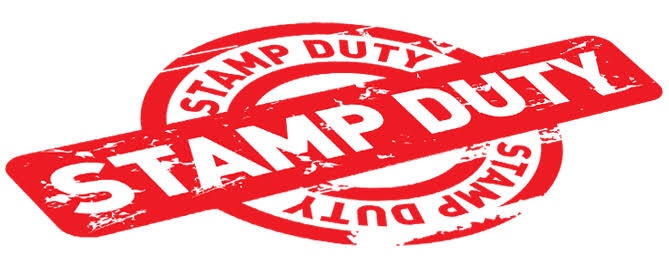
Here are thirteen things to know about the Stamp Duty in Nigeria
1. The existence of Stamp Duty in Nigeria predates the country’s independence, going by the 1st commencement date of 1st April 1939 of the first Stamp Duties Act. (i.e. Ordinance 41 of 1939 and subsequent amendments).
2. Stamp Duties administration is governed by the Stamp Duties Act, CAP S8, LFN 2004 (as amended) and Finance Act 2019
3. Stamp Duty is essentially a tax that is chargeable on both physical or electronic instruments (formal legal documents.)
4. The Finance Act of 2019 has expanded the scope of instruments that Stamp Duties can be charged on to include technology, economic realities, e-commerce and cross border transactions.
5. Before the Finance Act 2019, the Stamp Duty Act defined instrument as ‘every written document’ which means only written documents were liable to stamp duties.
6. Stamp duties is charged in two forms, either ad valorem; where duty payable is a percentage of the consideration on an instrument or a fixed sum irrespective of the consideration on dutiable instrument or document.
7. The Fixed Duty chargeable instruments category are Power of Attorney (PoA); Certificate of Occupancy (C of O), Proxy form; Appointment of Receiver, Memorandum of Understanding (MoU), Joint Venture Agreements (JVA), Guarantor’s form, and Ordinary Agreements Receipts.
8. The ad-Valorem chargeable instruments are Deed of Assignment, Sales Agreement, Legal Mortgage or Debentures, Tenancy or Lease Agreement, Insurance Policies, Contract Agreements, Vending Agreement, Promissory Notes, Charter-Party and Contract Notes.
9. The Finance Act 2019 reviewed stamp duty from N4.00 to N50.00 on receipts or transfer between Money Deposit Banks customers relating to N10,000 and above per transaction.
10. The total stamp duty collection for Jan – Dec 2019 was N18billion.
11. The Total collection by FIRS from January 2020 to May 2020 is N66.0billion
12. A Stamp Duty Commissioner is appointed by the relevant tax authority (either Federal or State) as prescribed by jurisdictional authority to administer the Act.
13. You can pay your stamp duty at stampduty.gov.ng and also receive an electronic acknowledgment for stamp duties have been paid.





